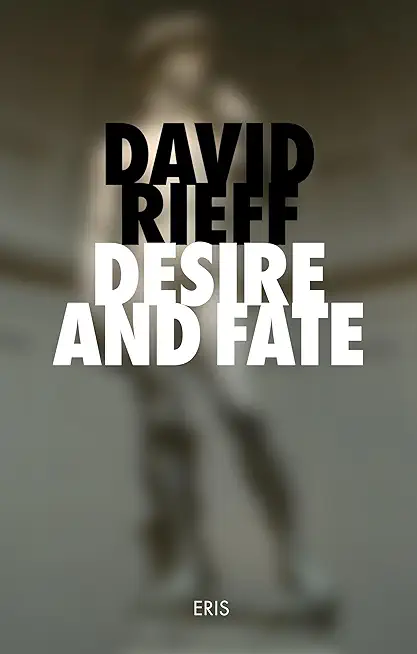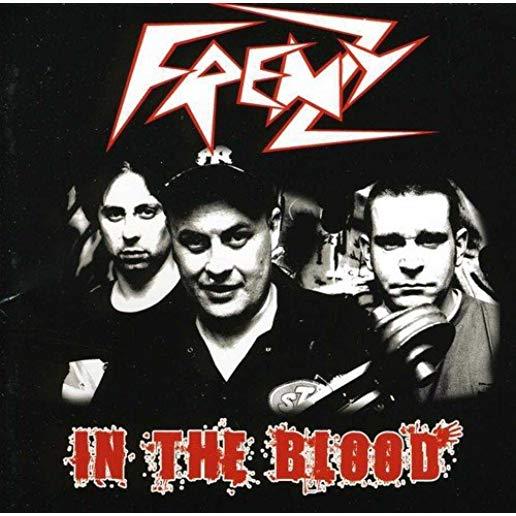
description
0
"Ours is an ill-mannered society that wears those bad manners as a badge not just of its moral rectitude but of its millenarian ethical ambitions. At the same time, in no society in recent memory have people been so easily affronted."
At a time when political writing and cultural criticism have come to be dominated by an insipid and unthinking moralism, David Rieff's essays offer a bracing antidote. As well as being one of the English-speaking world's most perceptive commentators on global politics, Rieff has in recent years been one of its most courageous and outspoken critics of the pathologies of identity politics--in particular, its grossly simplistic understanding of what it means to belong to a culture or a community, its fundamental failure to grasp the real value of the creative arts, and its increasing disregard for due process and freedom of expression. The essays that appear in Desire and Fate serve both as a crucial record of and a fierce protest against these developments. Covering topics as diverse as censorship in contemporary publishing, the cultural ubiquity of the notion of trauma, and the future of democracy on a global level, they are all characterised by an incisive intelligence and a refreshing lack of wishful thinking. Together they confirm Rieff's status as an indispensable writer and thinker.member goods
No member items were found under this heading.
listens & views

GLAGOLITIC MASS / SINFONIETTA
by JANACEK / WARSAW PHILHARMONIC ORCH AND CHOIR / WIT
COMPACT DISC$18.49
Return Policy
All sales are final
Shipping
No special shipping considerations available.
Shipping fees determined at checkout.






